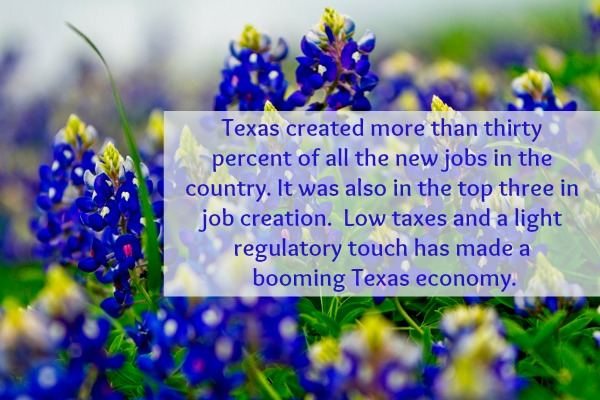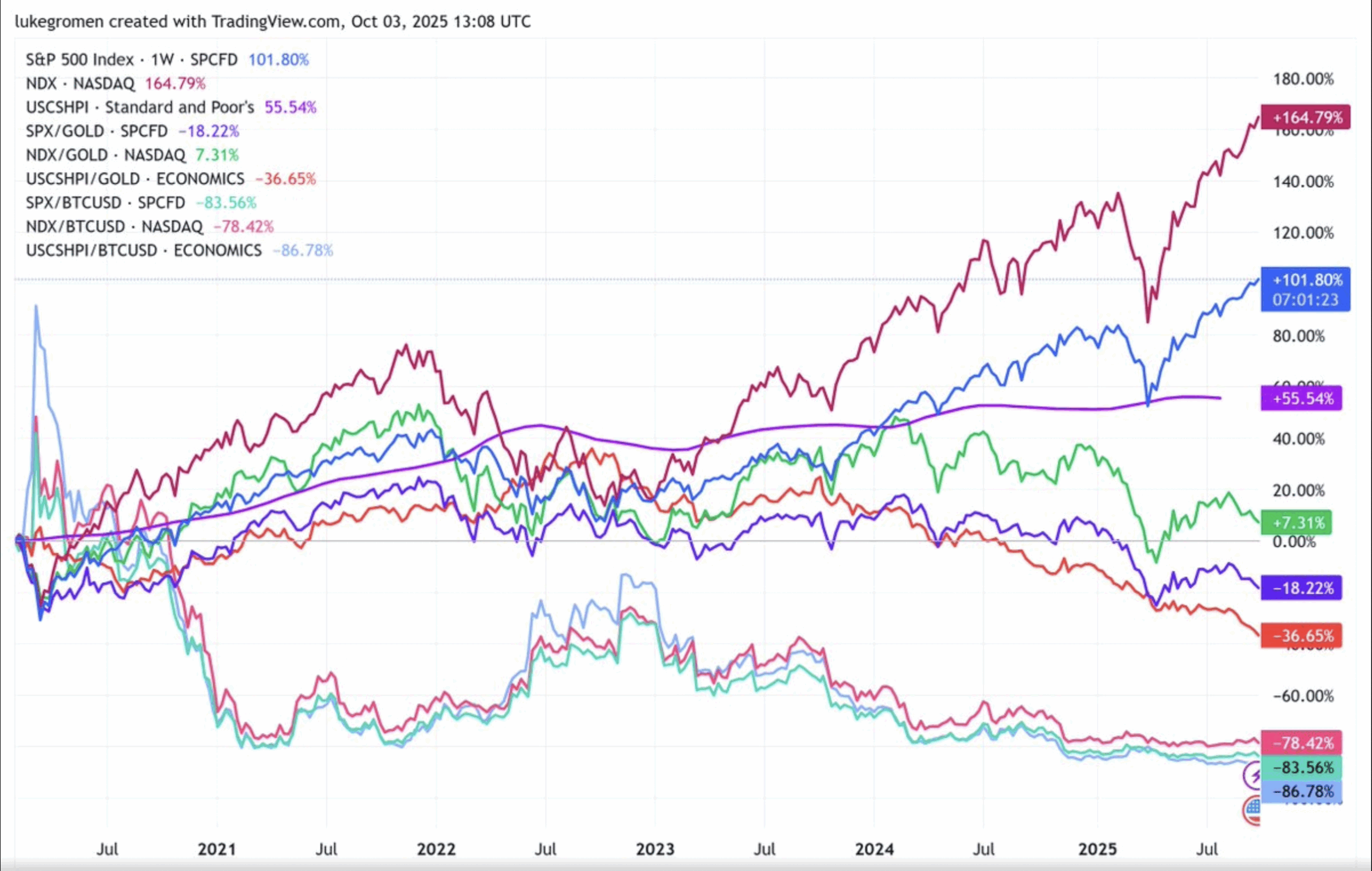Many of the governors and former governors running for the presidency are pointing to their economic success as an important credential. Rick Perry, for example reminds potential voters that when he was governor, Texas created more than thirty percent of all the new jobs in the country. It was also in the top three in job creation. He credits low taxes and a light regulatory touch for the booming Texas economy.
Apparently the editors at the Wall Street Journal agree with these claims. They cite the Tax Foundation that ranks the Texas business climate in the top ten. And they point to the number of people and businesses that have moved to Texas because of that business climate.
We shouldn’t be surprised that some liberal economists are ready to question these claims or at least try to explain them away. New York Times columnist Paul Krugman argues that government policies in Texas have nothing to do with the booming economy. He attributes the success in Texas to geology, geography, and housing.
First let’s look at geology. Yes, Texas has lots of oil and gas. It has benefited from the fracking boom. But as one commentator on my radio program reminded us, the oil and gas industry only accounts for 13 percent of the economic output.
Second is geography. Krugman also attributes a Texas economic success to mild winters and air conditioning in the summers. I’ve lived in many states (like California, Oregon, and Virginia) that also have mild winters, and they don’t have the really hot summers of Texas, which I might conclude would be a negative.
Third, Krugman says Texas has cheap housing. That is true. John Goodman writes in “How Liberals Live” that wherever left-wing politics dominates the middle class is squeezed. To live in many cities outside of Texas, you need to earn sometimes two or three times the median family income just to survive.
During this campaign season, I encourage you to investigate the claims and counterclaims made by politicians and pundits.
 Listen Online
Listen Online Watch Online
Watch Online Find a Station in Your Area
Find a Station in Your Area












 Listen Now
Listen Now Watch Online
Watch Online
